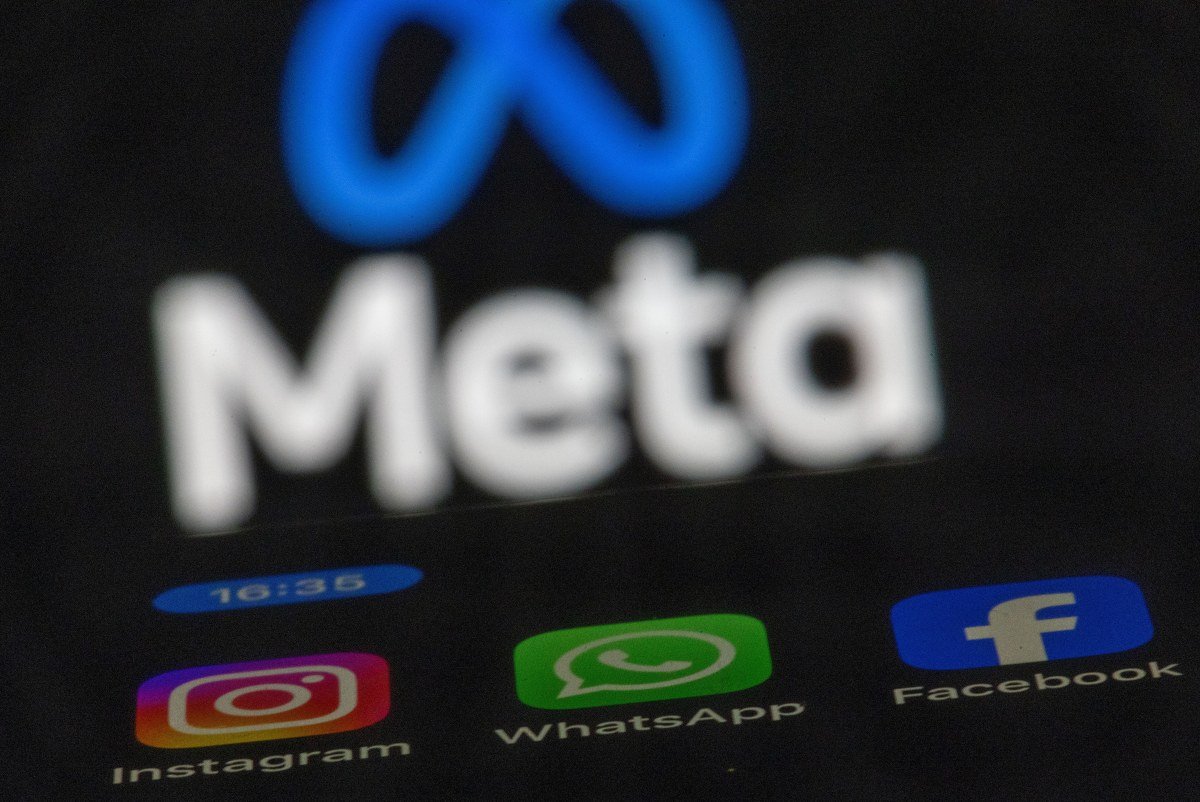A human rights camp fighter, Tanya O’Carroll, managed to force social media giant Meta not to use her data for targeted ads. The agreement is contained in a settlement for an individual challenge she filed against Meta’s detection and profiling in 2022.
O’Carroll argued that a legitimate right to object to the use of personal data for direct marketing that is in the UK (and EU) legislation on data protection, together with an unqualified right that personal data will no longer be processed for such a goal if the user must detect his objection and stop serving the microtarized ADs.
Meta refuted it – to claim that its ‘personalized advertising’ is not direct marketing. The case was to be heard in the English High Court on Monday, but the settlement ended the legal action.
For O’Carroll, this is an individual victory: Meta should stop using her data for advertising target when using his services. She also thinks that the settlement sets a precedent that should enable others to confidently practice the same right to object to direct marketing in order to force the technical giant to respect their privacy.
O’Carroll said with TechCrunch about the outcome that she had essentially little choice to vote to the settlement as soon as Meta agreed to ask her legal action (that is, not processing her data for targeted advertising). If she continued and the litigation failed, she could have had considerable costs, she told us.
“It’s a bitter victory,” she said. ‘In many ways, I have achieved what I intend to achieve – namely to prove that the right to object exists, to prove that it applies exactly to a Meta and many other businesses on the Internet – that advertising is in fact direct marketing.
‘And I think I have shown This is the case. But, of course, this is not determined in the law. Mesa does not have to accept liability – therefore they can still say that in this case they only decided with an individual. ‘
While the EU has long had extensive legitimate protection for people’s information, such as the general regulation of data protection (GDP)-the law O’Carroll’s legitimate challenge has thrown-on which the British household data protection framework is still based, and maintaining these privacy laws against the maintenance-based ad business model and Frustrating and frustrating and frustrating and frustrating and frustrating and frustrating ends.
Years of Regulatory Whack-a-Mol have played in relation to several GDP complaints about the company since the regime came into effect in May 2018.
And although Meta has picked up a number of GDP fines – including some of the greatest privacy fines ever for technology – the core -conditionless surveillance business model has been more difficult to move. Although there are signs that the maintenance action is eventually hiding at this position in Europe. And the example of O’Carroll underlines that the backlash of the privacy is possible.
“The thing that gives me hope is that the ICO (the UK Information Office) did intervene on the matter and did very clearly – and incredibly convincing and convincing – a side with me,” O’Carroll added, indicating that other meta users who also objected to the processing of their data, a stronger chance to support them.
That said, she thinks the company is likely to move on to a “pay or consent model” in the UK – which is the legal basis after which it moved in the EU last year. It requires users either to agree to detection and profiling or pay meta to access advertising -free versions of its services.
O’Carroll said she was unable to disclose full details of the tracking -free access meta in her case, but she confirmed that she did not have to pay Meta.
(Tagstotranslate) Meta
+++++++++++++++++++
TechNewsUpdates
beewire.org










